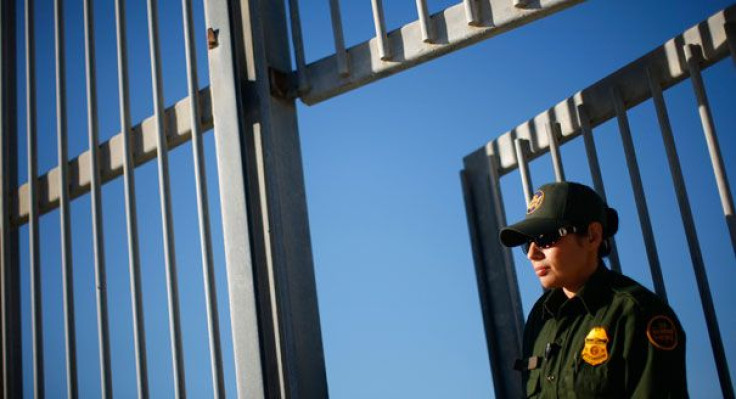
The comprehensive immigration reform bill got a boost last week from a "border surge" amendment that calls for more than $40 billion over 10 years in extra spending for an array of border surveillance and enforcement measures. The amendment, sponsored by Republicans Bob Corker of Tennessee and John Hoeven of North Dakota, won over several Republicans who had previously opposed the bill, but it hasn't convinced everyone. Senator Rand Paul (R-Ky.), who remains opposed to the reform, predicted on CNN's "State of the Union" that the comprehensive bill would be "dead on arrival" once it got to the House of Representatives.
The phrase refers to an informal custom called the "Hastert rule," by which the Speaker of the House insists on having a majority of his caucus pledge support for a bill before he introduces it on the floor. If Boehner uses the Hastert rule, some predict, it will be defeated in the House of Representatives without even being debated.
RELATED: Will The Border Surge Amendment Increase Migrant Deaths On The Border?
Paul added that while he supports reforming the nation's immigration system, he could not support the bill because the implementation of the "border surge" would not have to be verified by Congress. "I think reform should be dependent on border security first," he said, according to CBS News. "Without some Congressional authority and without border security first, I can't support the final bill... To me, what really tells me that they're serious would be letting Congress vote on whether the border is secure."
RELATED: Raul and Fidel Villarreal, Border Patrol Agents, Could Get 50 Years For Smuggling
Paul indicated that the majority of House Republicans were in the same boat as him when it came to border security, saying that his fellow party members "think border security has to come first before you get immigration reform."
If the present bill were passed as is, the nation's 11 million undocumented would not be eligible to apply for legal status until the Department of Homeland Security drew up plans for a border security strategy; likewise, they would not be eligible for permanent residency until after the Department of Homeland Security implemented the "border surge" security measures.
RELATED: Senate To Vote On Border Surge Amendment
Senator Charles Schumer (D-N.Y.), a key member of the "Gang of Eight" senators who crafted the bill, remains confident in its chances. He told CNN that when the bill reached the House, Speaker John Boehner (R-Ohio) would be forced by political and popular pressure to introduce it on the floor.
"I believe we'll be in the neighborhood of 70 votes by the time the vote occurs at the end of the week, and I do believe that having a significant number of Republicans will change the dynamic in the House," he said. "There will be huge pressure on Speaker Boehner not to block immigration reform because that would consign the Republican Party to minority status."
Supporters of the bill hope to pass it in the Senate by July 4.
© 2024 Latin Times. All rights reserved. Do not reproduce without permission.